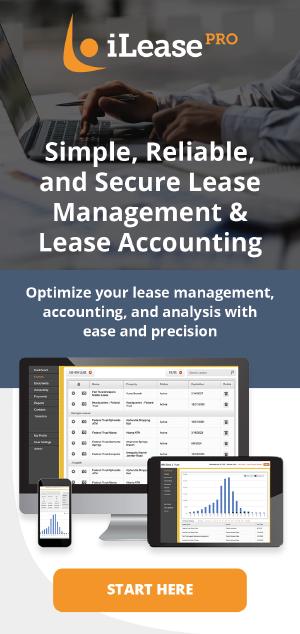Understanding Tax Impacts of ASC 842 Lease Accounting

Understanding the Tax Implications of ASC 842 Lease Accounting Changes
ASC 842 is the lease accounting standard issued by the Financial Accounting Standards Board (FASB) that requires lessees to recognize assets and liabilities for most leases on their balance sheet. While ASC 842 primarily impacts financial reporting, it can also have tax implications. Let's walk through some potential tax implications and how they might be mitigated:
1. Differences in Book vs. Tax Treatment:
Implication: Under ASC 842, lease obligations are capitalized on
the balance sheet, changing the accounting treatment of rent expense. However, tax regulations might not necessarily
conform to these accounting changes. This could lead to differences between book income and taxable income.
Mitigation: It's crucial to maintain separate schedules for book
and tax purposes to ensure accurate tax reporting. This may also mean tracking two different sets of depreciation
schedules—one for book purposes and one for tax purposes.
2. State Tax Conformity:
Implication: Not all states in the U.S. conform to federal income
tax treatment. As such, there may be differences in how states treat leases for tax purposes, especially with the
adoption of ASC 842.
Mitigation: Stay updated with state-specific tax regulations.
Engage local tax experts or consultants if operating in multiple states to ensure compliance.
3. Impact on Tax Credits:
Implication: The capitalization of leases might affect certain
financial metrics that are used to determine eligibility for various tax credits.
Mitigation: Review the criteria for any tax credits your
organization claims to ensure that the changes in lease accounting won't negatively impact your eligibility or the
amount of the credit.
4. Change in Interest Expense:
Implication: Under ASC 842, part of the lease payment may be
treated as an interest expense, especially for finance leases. This could potentially change the company's interest
deduction for tax purposes.
Mitigation: Again, maintain separate schedules for financial
reporting and tax reporting. Ensure that the correct interest deduction amount is reported on tax returns.
5. Impact on International Operations:
Implication: For multinational corporations, the implications of
ASC 842 can be even more complex. Different countries have different tax treatments for leases, and ASC 842 can
influence transfer pricing, VAT, and other international tax considerations.
Mitigation: Engage with international tax experts to ensure that
your organization remains compliant with tax laws in all jurisdictions in which you operate.
6. Transactions Structured Around Previous Standards:
Implication: Some transactions might have been structured to
achieve specific tax or accounting outcomes under the previous lease accounting standards. With the adoption of ASC
842, these structures might no longer be optimal.
Mitigation: Review existing lease arrangements and contracts.
Consider renegotiating or restructuring transactions if they are no longer advantageous under the new standard.
The adoption of ASC 842 can have several tax implications, some of which may be unintended. It's essential for CFOs to work closely with their tax departments, external auditors, and tax consultants to navigate these changes and ensure compliance. Regular training for the finance and accounting teams can also be beneficial to stay updated with the evolving landscape.



